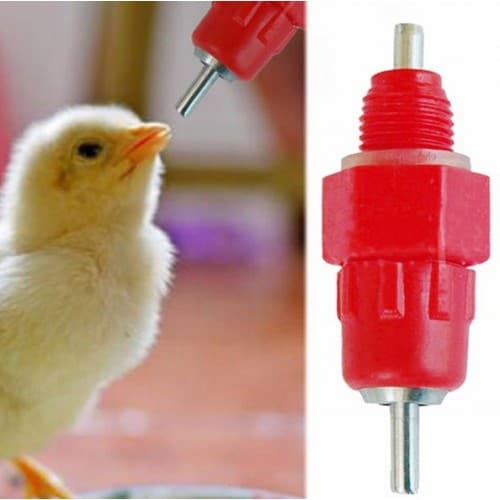10 week old baby feeding every 2 hours at night
Newborn Feeding Every 2 Hours
Is your newborn feeding every 2 hours at night? Whether breastfed or formula-fed, lean how to stretch feedings and sleep a little longer.
Every 2 hours.
Almost on cue, your newborn will wake up after 2 hours screaming for yet another feeding. It doesn’t help when moms of other babies—even younger than yours—are stretching their feeds, sometimes up to five hours at night.
Yes, she’s still in the newborn stage, so you understand that her tummy is small and her sleep is erratic. But weeks, even months, into parenthood and your little one still wakes up every 2 hours on the dot.
And so, the questions pile on.
How can you get her to sleep in longer stretches? Is it normal for her to still feed so frequently, especially when others seem to go longer between feeds? Could you be doing something that’s holding her back instead of encouraging her to eat more?
How to handle your newborn feeding every 2 hours
Weeks and months after welcoming my first-born home, I still felt stuck.
Frequent feedings seemed more understandable in the early days, but when you’ve been doing this forever, it can feel depressing. I didn’t know when I’d ever get a full night of sleep again, and started to resent how often my baby nursed, especially at night.
In hindsight, I can see how short those weeks and months are compared to the grand scheme of things. But when you’re in that moment, every day can feel like an eternity, not knowing if or when life will feel normal again.
Rest assured mama, feeding every 2 hours is normal, not only in the newborn stage but I’d say throughout our lives. Think about it: even adults tend to eat in 2-3 hour chunks, with snacks eaten between meals.
But the biggest concern you likely have is the frequent feeding at night. Maybe you’re wondering when your baby will be able to eat mostly during the day and sleep at night. Because eventually, we all consume our calories during the day, even older infants. Why does it feel like yours is so far from that point?
Why does it feel like yours is so far from that point?
First, an important note: a newborn isn’t going to sleep the whole night just yet. I sleep trained my kids to go 11-12 hours straight only once they were well past the newborn stage. That said, what do you do when your little one is still too young to sleep train, but you want to encourage her to go longer between feeds?
Take a look at these steps you can try:
1. Don’t keep your baby awake too long
As a first-time mom, I assumed babies would sleep when they were tired. So, it wasn’t unusual for me to keep my baby awake for long stretches, unaware that he needed help falling asleep.
Only later did I learn that keeping him awake led him to feeling overtired and cranky. The result? Frequent wake ups between feeds and a more difficult time settling him back down.
In other words, there’s a good chance your newborn is waking up every 2 hours not out of hunger, but from feeling overtired.
Try not to keep her awake too long—90 minutes at most, and sometimes she’ll need to sleep as soon as 45 minutes after waking up.
Free: Do you struggle with getting her to sleep? Her awake time just might be affecting how well she sleeps or not. Join my newsletter and get One Mistake You’re Making with Your Baby’s Awake Time—at no cost to you.
Don’t make the same mistakes I did—help her fall asleep with this one simple trick! Grab it below:
2. Feed often during the day
Feeding on demand is so important during the newborn stage, but tell that to any new mom and you might be met with dagger eyes. After all, it can be difficult to feel tied to your baby 24/7, especially if you’re the only one who can feed her.
But feeding on demand, especially during the day, ensures that she’s getting all the food she needs. Don’t try to cap her off or put her on a schedule. Instead, follow her lead and feed as often as she wants during the day.
And hopefully, by having fed plenty the whole day, she’ll have less of a need to wake up often at night. Don’t expect her to sleep through the night yet, but at least you’re filling her up during the day when she’ll start to take in most of her feeds down the line.
How to handle a newborn constantly feeding.
3. Feed extra before bedtime
The first stretch of sleep after bedtime tends to be the longest. This is when you’ll likely grab five hours of uninterrupted sleep compared to, say, four o’clock in the morning. Help your baby sleep longer for that first stretch by offering her a bit of extra food for her bedtime milk.
If you breastfeed, see if she’ll take a few extra minutes of nursing (or simply wait for her to pull away instead of putting a time limit). If you bottle-feed, try to add an extra ounce before setting her down for the night.
By topping her off with extra milk, you can ensure that she won’t wake up too soon after from hunger.
4. Dream feed
If you’re like most parents, you put your baby down for the night before your own bedtime. For instance, you might set her down at 7:30pm, then head to bed yourself at 10pm.
One trick that can pre-empt her first wake up is to offer a dream feed before you go to bed yourself.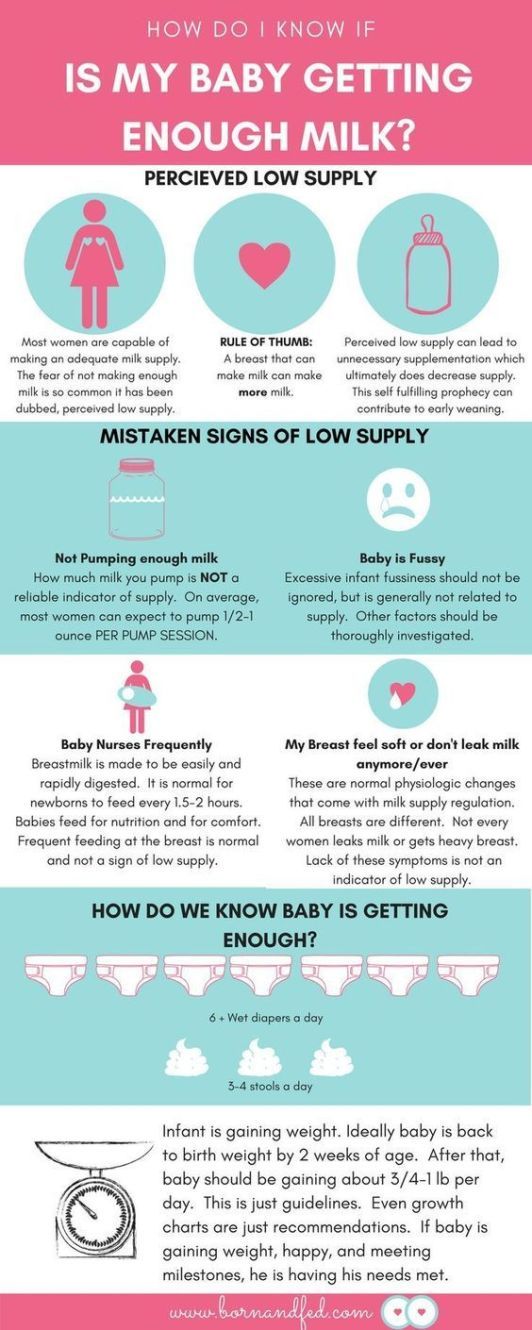 Let’s say you go to sleep at 10pm. Give her another feed at 9:30pm to top her off even further for the night. This allows you to feed her while you’re still awake and alert, and extends her feeding even more.
Let’s say you go to sleep at 10pm. Give her another feed at 9:30pm to top her off even further for the night. This allows you to feed her while you’re still awake and alert, and extends her feeding even more.
It’s okay if she’s groggy and half asleep as she feeds—there’s no need to wake her up all the way. This is more to give her a feed before she asks for it while you’re still awake.
Get more tips about dream feeding.
5. Make sure your baby is actually eating
Does it seem like your baby wakes up right after you had just fed her? There might be a chance she’s not even drinking at all, which could explain why she’s hungry so soon after feeding her. Instead of drinking, she might be half asleep and sucking for comfort, especially if she drifts off to sleep mid-feed.
How can you tell she’s eating? Listen for a swallowing sound—she should actually be gulping milk down. And look at her throat to see if it moves with each gulp. If you don’t hear a sound and her throat doesn’t move, she just might be moving her mouth and sucking.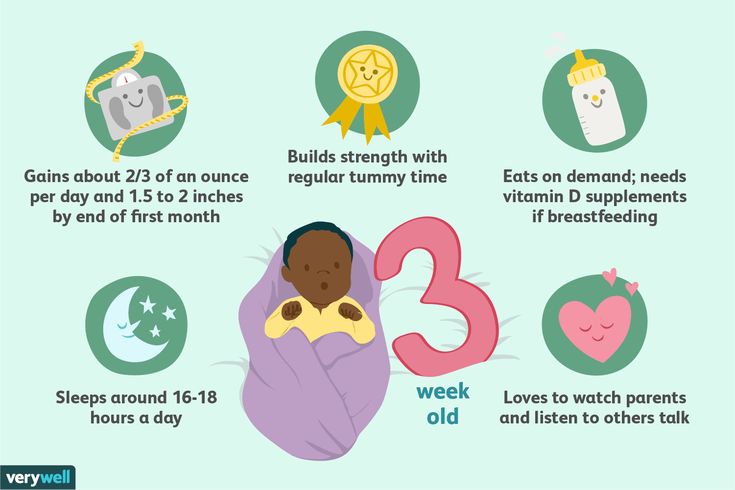
If you suspect that she falls asleep, burp her mid-feed, talk to her, tickle her, and otherwise ensure that she stays awake while she feeds.
Learn how to stop your baby from snacking on the breast.
6. Give your baby a chance to settle
Newborns are notorious for making all sorts of sounds, even while they’re sound asleep. But back then, I’d sit up right away the minute my little guy made a peep (it didn’t help that he was in the same room as me). I felt compelled to scoop him up immediately, fearing that those sounds would escalate into full-on cries.
I’ve since learned that those sounds, and even the small whimpers and cries, can often settle on their own. The next time you hear your baby cry, try to discern the type of cry first. Does she sound like she’s complaining and whimpering, or is she angry and in need of your attention right away?
If it sounds like she might settle down, wait one minute. She might not be waking up out of hunger.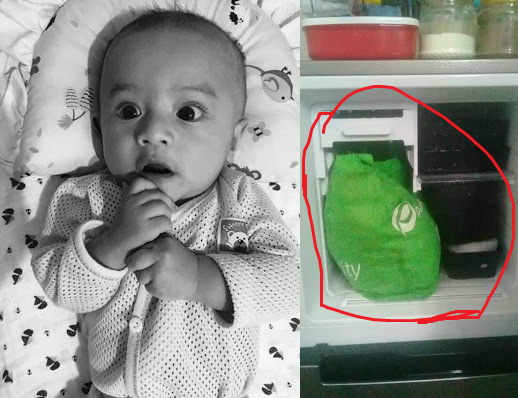 This is also a little practice that will help her overcome small discomforts.
This is also a little practice that will help her overcome small discomforts.
Conclusion
A newborn feeding every 2 hours isn’t always easy to handle. Your baby finally falls asleep, only to rest for a short while before he seems hungry again. How can you get him to sleep longer at a time?
Don’t keep him awake too long, as frequent wake ups could be a result of feeling overtired. Feed often during the day instead of capping him at a certain time or by a particular schedule. Give him extra milk before bedtime and take advantage of that long first stretch of sleep.
Before heading to bed yourself, offer a dream feed to top him off for the night while you’re still awake and alert. Make sure he’s actually eating and not just sucking for comfort. And lastly, don’t feel compelled to respond right away—he might be asleep or making small sounds and eventually settle herself down.
You can do certain things to help you stretch those feedings at night—instead of waking up every 2 hours as if on cue.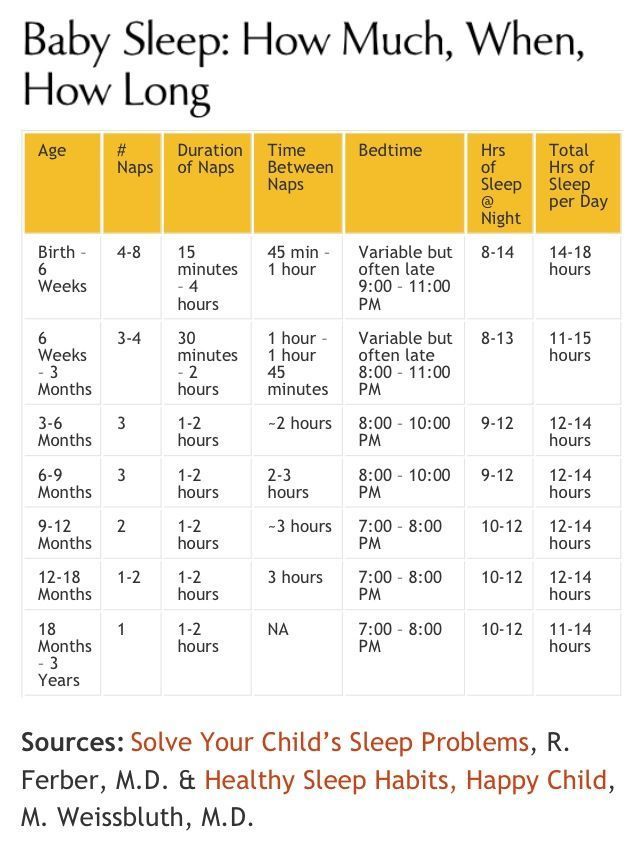
Get more tips:
- How to Get Your Baby to Adjust Using a Newborn Schedule
- 4 Reasons Your Baby Never Seems Satisfied After Breastfeeding
- Baby Feeding Every Hour (And Not Sleeping, Either)?
- 11 Ways to Cope with Newborn Sleep Deprivation
- 12 Things to Do When Your Newborn Fights Sleep
Don’t forget: Join my newsletter and get One Mistake You’re Making with Your Baby’s Awake Time—at no cost to you:
What To Do When Baby Is Feeding Every Hour (& Not Sleeping!)
What's in this post...
Is your baby feeding every hour and not napping or sleeping well? Here’s how you can handle when your little one nurses nonstop.
First let me say, mama, that the newborn period can be rough.
You feel like you were a normal human just a few short weeks ago and now, well, you’re a walking milk producer and baby just won’t settle.
You’re exhausted, weary, and ready for your newborn to sleep.
➡️ The good news is this: with a few tweaks you can stop feeding every hour.
Here’s why your baby feeds every hour
If your baby feeds every hour, they are “snacking.”
Snacking means they are drinking enough fore milk (the less nutrient dense milk that lets down first) that they are filled up enough to doze off in mama’s arms.
Or, some babies, will stop feeding after a few minutes and just stare up at you with those Big Newborn Eyes👼.
Either case… baby is snacking instead of taking a full feed.
Read These While You’re At It
How to get your baby to stop feeding every hour
If you want your baby to take full feeds, the first thing you need to do is get them on a proper newborn breastfeeding schedule.
You aren’t going to become a slave to the clock, but you’re going to stop the snacking.
Instead of cluster feeding on purpose, right now, you’re cluster feeding by accident.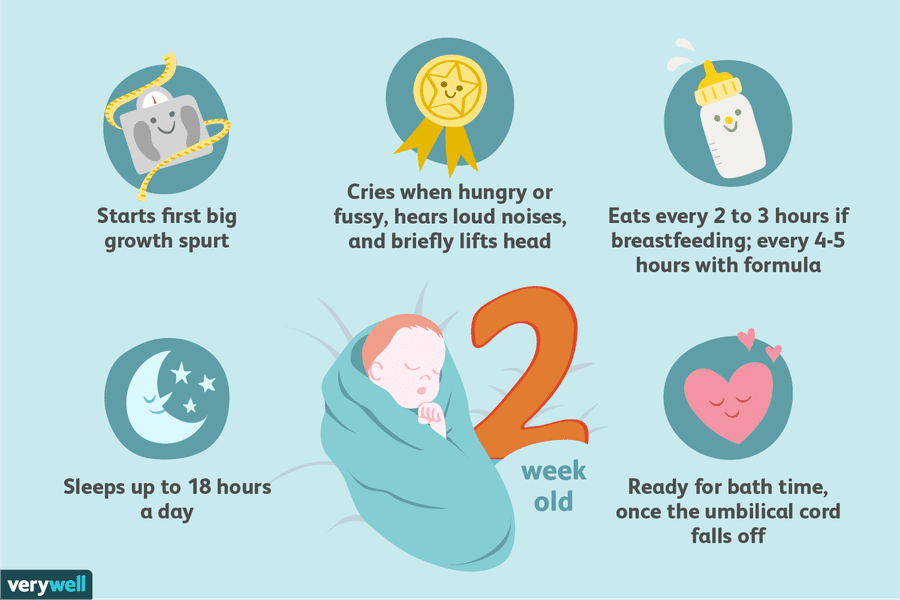
By only feeding baby every 2.5 to 3 hours and then, at those feeds, giving baby full feeds.
Newborns will naturally only need to feed every 2.5 to 3 hours if they’re taking full feeds each time.
If your baby has a habit of snacking, they will not be the ones to stop it, you’ll have to.
Newborn Feeding Chart
Use this simple printable chart to track your feeds to make sure baby is fed, your supply is up, and everyone is well.
Here’s how to keep baby awake during breastfeeding
When baby feeds for 5 minutes then nods off, you’ll need to swoop in and keep baby awake.
This will help baby get as much milk in as possible and will help them to take better naps.
- Rub baby’s cheek
- Rub baby’s hands or feet in circular motions
- Unswaddle baby (a must if you want to avoid day night confusion)
- Use a wipe or wet wash cloth to rub on baby during feeds
- Stop feeding and hold baby up, speaking to baby
- Take baby outside or somewhere that’s a change of scenery
- Make noise, get near siblings, talk to baby
- Keep the lights on
Read: Is Sleep Training a Baby Bad or Dangerous? Let’s Talk Facts!
The reason baby doesn’t sleep well when they feed every hour
Your little one will likely not take good daytime naps if they are not taking full feeds.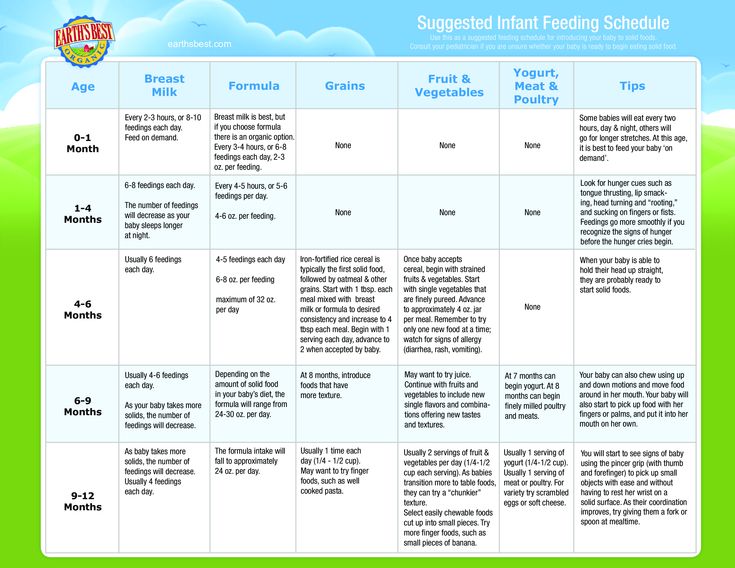
They aren’t full enough to stay drowsy and asleep as they transition sleep cycles.
When they transition from active to passive sleep (or vice versa) if they aren’t full and are hungry, instead of just continuing the nap, they’ll become fully alert and ready to feed.
And then, because they only took a short nap, when you feed again for 5 to 10 minutes, they’ll be lulled back into a sleep.
➡️ Continuing the cycle of accidental cluster feeding and an overtired baby.
Related Reads:
- The Biggest Baby Sleep Myth That Backfires Every Time (And Makes Over Tired Babies)
- The Ultimate Guide To Baby Sleep Times (Naps & Bedtime)
How to stop the cycle and get on a good routine
The first thing you need to do is to stop baby from snacking every hour.
Encourage full feeds.
If baby is older than 6 weeks and wants to feed after one hour, consider offering a pacifier (we use these stuffed animal ones) instead.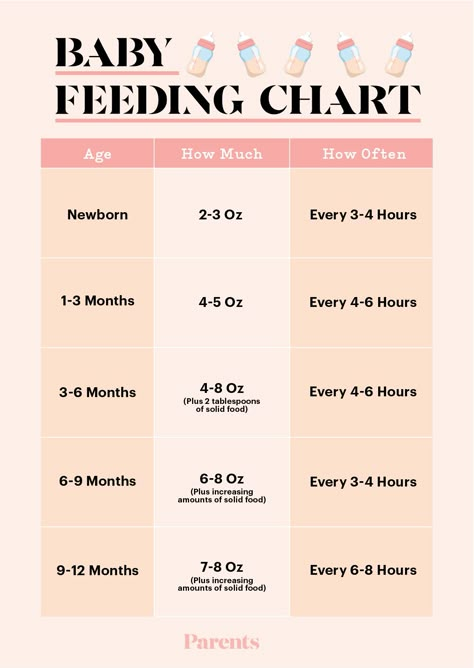
This may help baby get back to sleep for a longer nap, and will mean the next time you feed baby will be hungry enough to eat a full feed.
Do the best you can.
Baby has been in the snacking habit and may resist the change, but eventually you’ll see that you have a far less whiny baby on your hands when they have full tummies and are well rested.
Read: 8 Reasons You’ve Got A Whiny Baby And What To Do About It
Sleep Little Lamb
Create sustainable sleep habits for your little lamb so the whole family can sleep peacefully without the stress, drama, and tears.
Learn More
How to get your newborn to nap better
After you make sure that baby has full feeds, you’ll want to work on the napping…
I encourage you to read my full post on baby sleep here – Foolproof Baby Sleep Tips — Routines, Habits & Strategies.
@amotherfarfromhome Follow for more tips like this one! #newmommas #momstrugglesbelike #tipsformom #mommingit #sahmom #parentcoach #mommingallday #newbornbabytips ♬ Sunroof – Nicky Youre & dazy
Here is how to approach napping with your baby:
- Newborns should only be awake for around 45 to 90 minutes at a time (including feeding!) so your newborn routine and your newborn sleep schedule should have a nap after every single feed.
- Don’t rock baby to sleep in your arms and then try to put him in the crib because when he transitions through the sleep cycles he’ll realize he’s not in your arms… and he’ll wake up early.
Read: The Top 10 Indicators It’s Time to Sleep Train
- Establish a basic routine with your baby. You can follow this newborn routine here or modify it slightly.
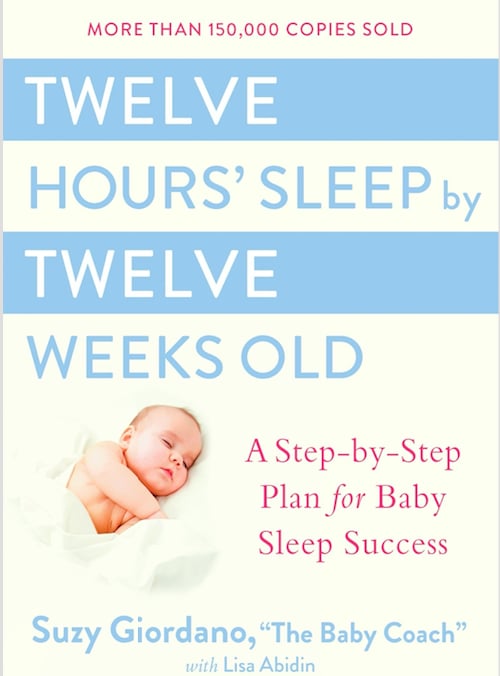
- Put your baby to sleep drowsy but awake.
- Establish some wind down routines for your little one prior to nap.
- Focus on cluster feeding in the late evening hours which will help baby top up and sleep better throughout the night.
- Identify any sleep props your baby has (things that prevent him from transitioning and sleeping well on his own) and replace those with sleep associations.
28 Things To Do If Baby Won’t Sleep CHECKLIST
Here’s a handy dandy list of 28 things to try so baby will stop fighting sleep and sleep longer and later.
Recap and FAQ… How to get baby to stop feeding every hour and start sleeping
Why does my baby feed every hour?
Short answer… because you let him. Encourage baby to take full feeds and then baby won’t need to feed sooner than 2.5 or 3 hours between feeds throughout the day.
Perhaps even less at night.
Is ten minutes a full feed?
Probably not.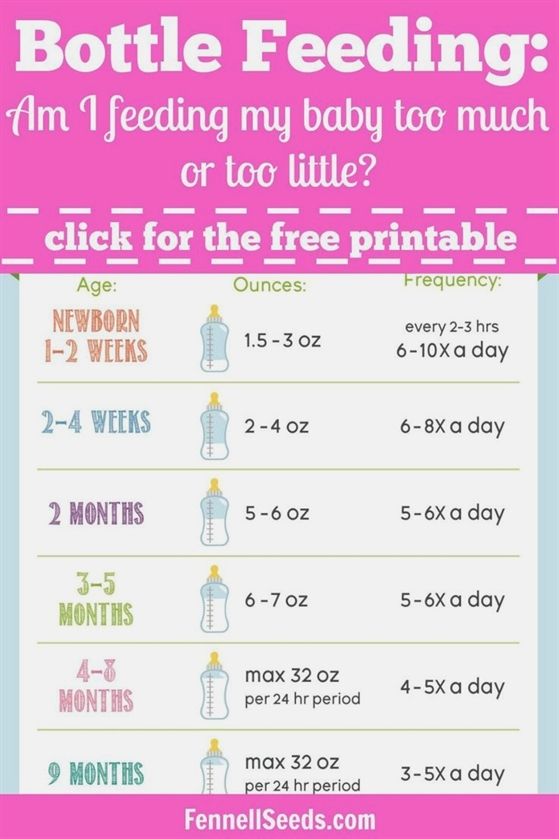
If baby will feed for ten minutes then nap and wake up to feed around 2.5 hours later, it might be.
My daughter fed no longer than 15 minutes per feed, but she could go 3 hours between feeds so, for her, it was a full feed.
Why does my baby want to breastfeed constantly?
If your baby wants to feed constantly, but never feeds that much, then it’s likely an association between feeding and comfort.
You can create other positive associations by cuddling, singing, rocking, baby massage, and other things that will help you to feel bonded to baby (so you can enjoy baby now!) but not be open for milk business all day.
Is feeding every hour cluster feeding?
Yes and no.
Cluster feeding is generally something a breastfeeding mother does on purpose in the late afternoon early evening period (feeding every 2 hours, say) to help give baby all the nutrients he needs so he will sleep later and longer.
Feeding every hour is more like an accidental cluster feeding and if baby isn’t having full feeds then it’s more like Comfort Nursing, not cluster feeding.
About those growth spurts…
Do babies feed every hour when they are going through a growth spurt?
If your baby is going through a growth spurt they will want to feed more often.
This helps your milk supply increase. It’s how you can know if baby is getting enough milk.
If baby is feeding every hour two and taking these feeds seriously – full feeds – then it’s likely a growth spurt or milk supply issue.
Or if baby is trying to feed every hour or two and only feeding for five minutes here or there, it’s not likely a growth spurt.
Why does my baby nurse for 5 minutes and then cry?
This could be a number of things.
Baby could have reflux or you could have hyper-lactation.
Baby could have uncomfortable gas.
Or baby could have a food sensitivity to something you’ve eaten. If this persists past a few days, I’d go in to the doctor and rule out the above causes.
Newborn Feeding Chart
Use this simple printable chart to track your feeds to make sure baby is fed, your supply is up, and everyone is well.
Milk supply?
Why does my baby always seem hungry and never satisfied?
This could be your milk supply. Here’s how to know if baby is getting enough milk.
Could be that baby is going through a growth spurt which means baby is more hungry.
Baby might be teething and eating is not comfortable so he’s not feeding well and in pain. Try pain management for babies who are going through teething.
Why is my newborn feeding for hours on end?
Short answer: they don’t.
They may stay at the breast for a long time, but that doesn’t mean they are actively feeding.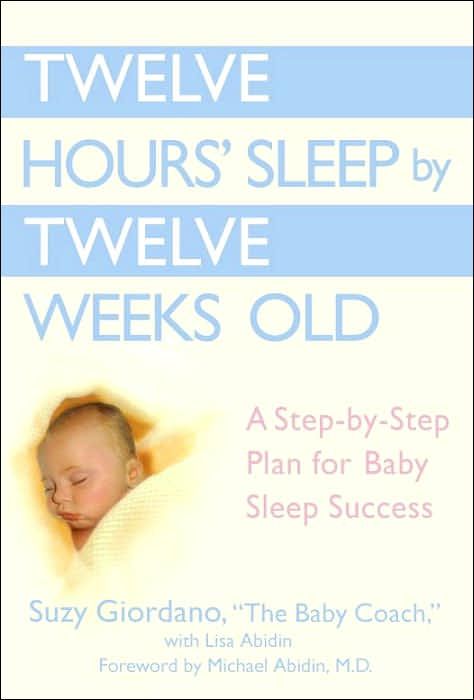
If your baby will take a pacifier you’ll see that they will also suck at the pacifier while sleeping.
Encourage your baby to be awake for feeds and then, after 30 to 45 minutes, take baby off the breast and let them take a nap in their own crib.
Sources:
- The importance of schedules and routines
- Routines minimize chaos which promotes resilience and regulation
- Routines indicators of predictable family life contributing to childhood development
::
Up to what age to feed the baby at night and how to replace formula
Baby formula is only a forced measure to replace mother's milk in the absence of sufficient lactation or underweight in the baby. In all other respects, the infant formula feeding algorithm remains the same as with breastfeeding. The baby also needs nightly feedings about every 3-4 hours. This is due to scientifically proven facts. Babies up to a year old have an accelerated metabolism, food is digested faster, and naturally, they experience hunger at night. Also, any anxiety of the baby at night forces him to demand his mother's participation, and of course - food as a sedative. There is even a theory that children are genetically woken up to eat to avoid "Sudden Infant Death Syndrome" in their sleep.
Also, any anxiety of the baby at night forces him to demand his mother's participation, and of course - food as a sedative. There is even a theory that children are genetically woken up to eat to avoid "Sudden Infant Death Syndrome" in their sleep.
But also can't it continue indefinitely? The child grows, develops actively, from the age of 6 months receives a variety of complementary foods, and over time should form a normal daily routine. And for this you need to figure out: how to wean a child at night to eat the mixture in the most gentle ways.
Up to what age to give the mixture at night
Experts differ on this issue, but the average age when you can do without night feedings is nevertheless deduced. Infants with normal development can sleep peacefully at night without formula 10-12 hours from 9-12 months. Of course, if parents do not consider it necessary to restrict their child in nutrition, they can safely continue to feed their child at night and beyond. But they must be aware that, firstly, over time, these periods of eating become just a habit for the baby. And secondly, mothers should also think about their own well-being after sleepless nights. So, the approximate age of weaning a child from night feedings has been determined, it remains to find out how to replace the mixture for the night after a year for the first time of the transition to a new regimen.
But they must be aware that, firstly, over time, these periods of eating become just a habit for the baby. And secondly, mothers should also think about their own well-being after sleepless nights. So, the approximate age of weaning a child from night feedings has been determined, it remains to find out how to replace the mixture for the night after a year for the first time of the transition to a new regimen.
Night formula alternative
Formula feeding formula is extremely nutritious and delicious for your baby. Therefore, the nightly replacement should be unequal, so that the baby subsequently feels that he does not need to wake up for such food. For these reasons, many mothers, thinking about how to replace the mixture for the night, use not the best products. It is strongly not recommended to use compotes or juices, because the ultimate goal is a complete and painless rejection of night food. In addition, fruit drinking can cause flatulence and abdominal pain - not the most favorable factors for restful sleep.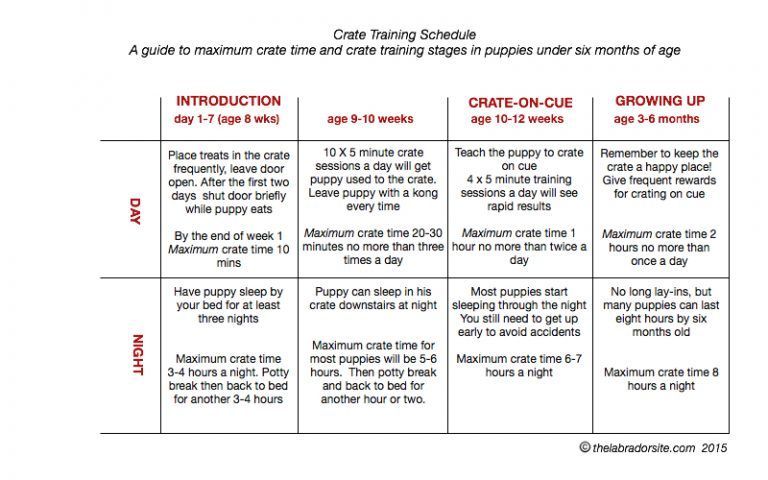
It is better to replace the traditional food at first with a well-diluted mixture, and then with clean water. At the same time, you need to try to slightly shift the period of falling asleep and provide the child with peace and a hearty dinner before going to bed. During the gradual transition to a new way of life, it is not necessary to immediately offer a diluted mixture to the awakened baby at night, it is better to try to calm him down in a different way - caress, rock him. And since night meals a priori will cease to be delicious food, the child himself will gradually forget about it, but the wise human body will be rebuilt anyway.
Should the baby be woken up for feeding
Some mothers worry that their baby does not ask for food at night. We figure out whether it is necessary to wake the baby for feeding at night or for his growth and development, daytime nutrition is enough, as well as how to properly disturb sleep and feed the baby, if necessary.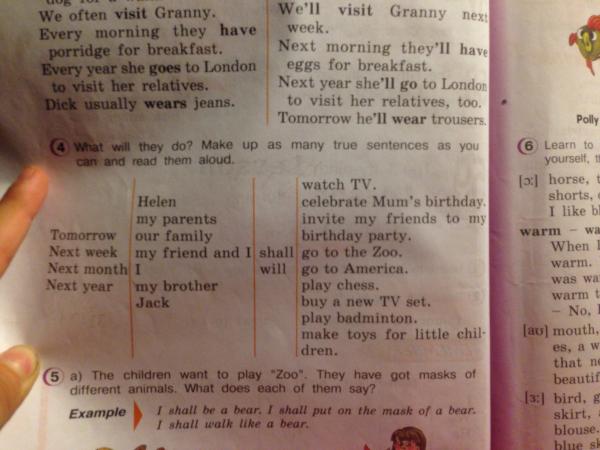 What to give the child, how often and up to what age and how to solve the problem of night awakenings? We will talk about all this with our permanent expert - pediatrician, consultant of the SMART MAMA project Polina Aleksandrovna Kizino.
What to give the child, how often and up to what age and how to solve the problem of night awakenings? We will talk about all this with our permanent expert - pediatrician, consultant of the SMART MAMA project Polina Aleksandrovna Kizino.
— Polina Aleksandrovna, why do babies eat at night?
- Active growth and weight gain in the first months of life, the growing needs of the body for building material and energy costs require a large amount of nutrients. But the baby cannot eat a lot of food at once in order to accumulate it and use the reserves all night. Therefore, the younger the child, the more often he will eat at night. A newborn baby suckles a breast or a bottle day and night at almost the same intervals, but the older he gets, the less often he feeds at night.
— How to organize the nutrition of a breastfed and formula-fed baby?
— In this matter, it is extremely important for parents to separate the concepts of food and sleep. A small child does not need to eat during the falling asleep period, he is able to eat between feedings during wakefulness and at night during sleep. These two processes go hand in hand, but they should not be strictly tied to each other. Therefore, it is important to understand how much the baby needs to sleep and what should be the intervals between feedings.
These two processes go hand in hand, but they should not be strictly tied to each other. Therefore, it is important to understand how much the baby needs to sleep and what should be the intervals between feedings.
Norms of sleep and feeding a child up to a year
| feed the child on request or under the regime | Wake the baby for feeding at night | Breast milk Milk formula
| Night feedings during the newborn period and up to three months
Night feedings for older children
|
How much sleep should a child sleep at night? Age norms change every month, but sleep and nutrition are extremely important. For example, a three-month-old baby sleeps normally 10-12 hours a night. But this does not mean that during this time he does not need to eat. As soon as a hungry baby begins to fiddle and worry, mom should offer him breasts or formula. The child eats and continues to sleep, and the sleep process is not interrupted.
— How many months should I feed my baby at night and how often?
— There are different situations. From birth, the intervals between feedings at night are the same as during the day, then the child gradually begins to skip night feedings, the intervals increase, and on average, by the age of one, the baby stops eating at night.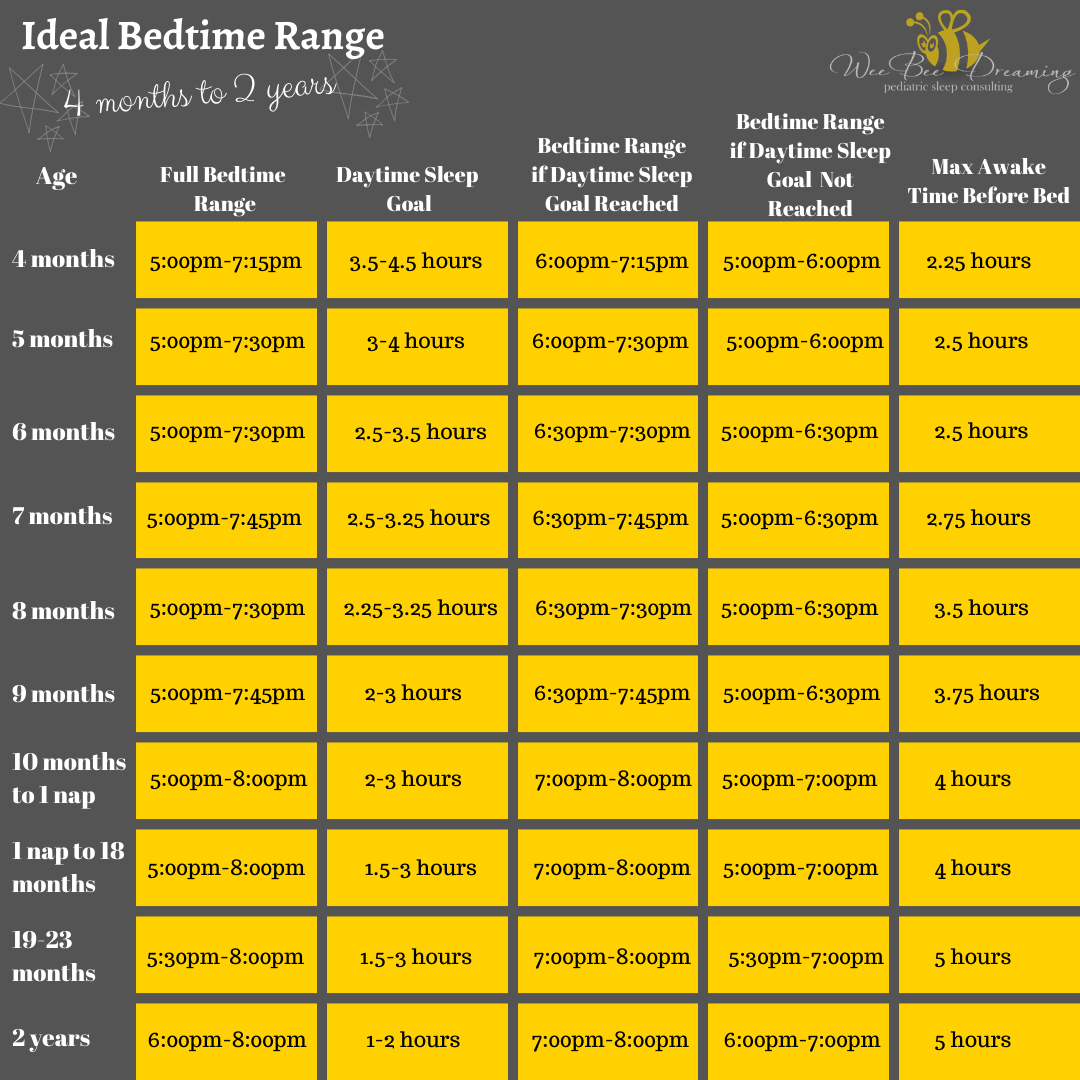
It is necessary to wake the baby for feedings in the first month, but initially it is worth looking at how long the baby will wake up on its own. For example, if the interval is 2.5-3 hours, and the child wakes up on his own after 3.5 hours, this is acceptable. But the situation when the newborn is sleeping is completely incorrect 9-10 hours and does not receive food all this time.
- Advise parents who want to adjust their feeding schedule.
- You can increase the intervals between feedings over time and gradually, and in the first months you need to see how much the baby is gaining weight. If the increase is adequate, then the child needs so much food, perhaps an indulgence. If the increase does not correspond to the desired, then, on the contrary, it will be necessary to supplement the baby more actively. With older children, they are guided by the behavior of the child during the day, his weight and height gains.
Read also: How to create a feeding regimen and daily ration for a newborn who is breastfed, mixed fed or artificially fed
— When can a child sleep through the night without feeding?
— Children are all different. Rare babies begin to sleep at night from the third month. If a child eats his daily allowance during the day and at the same time gains weight normally, there is no need to force-feed him. But there are children who wake up for feeding and a year. The norm at this age is one nightly feeding. By about fourteen or fifteen months, babies stop eating at night, in terms of nutritional needs. After pediatricians do not recommend feeding at night.
Rare babies begin to sleep at night from the third month. If a child eats his daily allowance during the day and at the same time gains weight normally, there is no need to force-feed him. But there are children who wake up for feeding and a year. The norm at this age is one nightly feeding. By about fourteen or fifteen months, babies stop eating at night, in terms of nutritional needs. After pediatricians do not recommend feeding at night.
It's not just a matter of refusing a child to eat at night - you should pay attention to his food during the day and assess its sufficiency. At the same time, it is recommended to deal with the sleep regime: when the regime is violated, overwork occurs. Perhaps the child does not know how to prolong sleep on his own, and he needs a breast or a bottle to fall asleep. Then night feedings appear, without which he cannot sleep.
— Is it better to feed at night: breast milk, infant formula or complementary foods?
Breastfeeding: give breast or bottle expressed breast milk.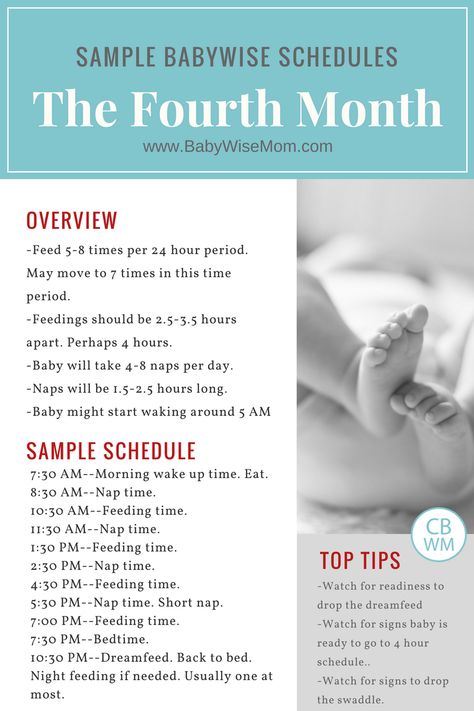 | Mixed feeding: breast milk if the mother is trying to keep lactating, or bottle formula if the mother is weaning. | Artificial feeding: dilute a portion of the mixture according to age and doctor's recommendations. |
Complementary foods are not suitable for night feeding, because they require feeding from a spoon. Do not bottle feed your baby anything other than breast milk, adapted formula, or water.
— How many times should a baby be fed at night?
— When a child wakes up and asks for food, then they feed him, or on the advice of a doctor. If the child needs additional food, but he does not ask, the mother should still feed him in the amount in which the doctor prescribed it.
Night feeding rules
- Night feedings usually accompany sleep and do not require waking up.
- The more calm conditions (dimmed light, silence) created during feeding, the better.

- Frequent awakenings at intervals of 40-60 minutes or 1 hour 30 minutes, especially in a child older than four months, usually do not indicate hunger, but an association with falling asleep or prolonging sleep only with breast / bottle sucking.
- With the exception of periods of lactation crisis, when the child often asks for a breast, nightly intervals between feedings should be the same as during the day, or more. Gradually, the intervals between feedings should be increased.
— Does the quality of eating at dinner affect your night's sleep?
— Nocturnal awakenings are influenced not so much by the last feeding as by the food of the day as a whole. It is a mistake to believe that if you give your child a huge portion at night, he will sleep better. On the contrary, it is more difficult to fall asleep on a full stomach. And, with the exception of very young children, it would be rational, as the child grows, to increase the interval between the last feeding and going to sleep.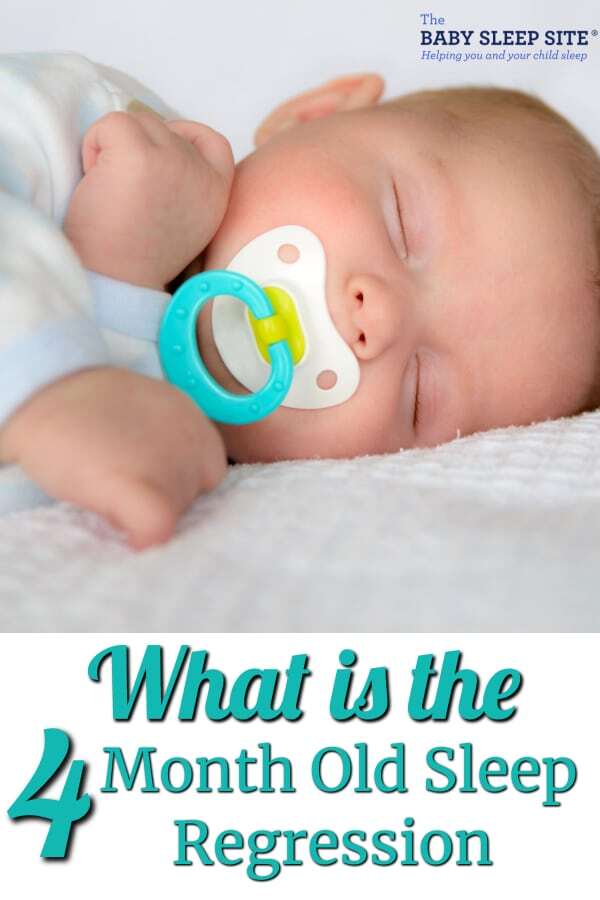
- A 1-month-old baby will fall asleep on the breast or at the bottle: at this age, the wake time is short and feeding usually causes the baby to fall asleep. The process of eating for him is a big burden, but at the same time, sucking relaxes and calms.
- After three to four months, you can gradually separate feeding from falling asleep and make longer intervals - starting from 10 minutes, reaching 1.5-2 hours by the year.
Being full before bed does not reduce awakenings, so the baby should be fed as usual. At an older age, one of the complementary foods can be given at night: porridge with milk or meat puree with vegetables, but one should not think that they will somehow affect nighttime awakenings if the child ate little during the day.
- How to wake up a newborn for feeding at night?
- To feed a baby, it is enough to offer a breast or a bottle and not wake him up - with a maximum probability he will start sucking.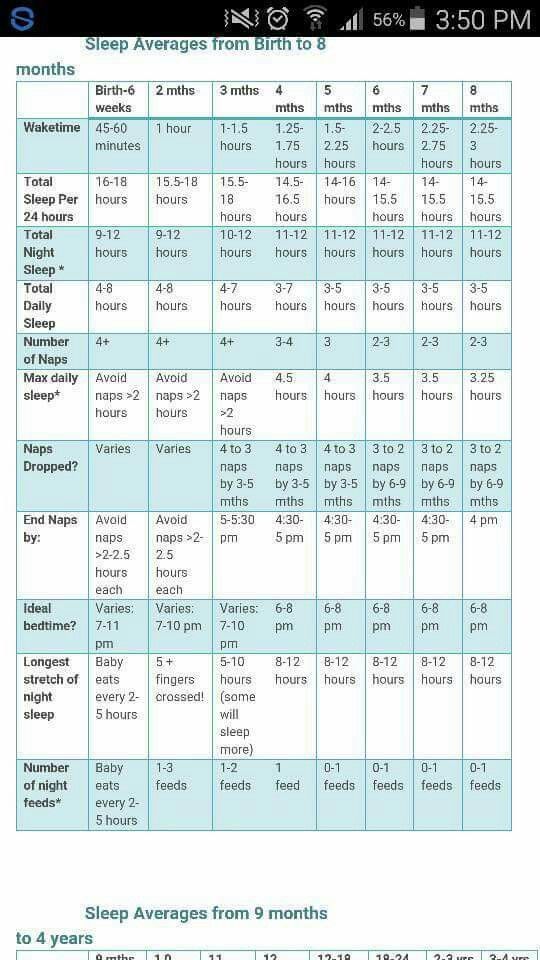 There are situations when the child is very lethargic and you need to fill his nutritional needs. In this case, you can “wake up” and use tactile or sound stimuli - take the baby in your arms and change the position of his body, undress him, stroke him, start talking to him quietly so as not to injure or scare him. Any impact should be smooth and progressive until the baby wakes up. But he can suck in a dream.
There are situations when the child is very lethargic and you need to fill his nutritional needs. In this case, you can “wake up” and use tactile or sound stimuli - take the baby in your arms and change the position of his body, undress him, stroke him, start talking to him quietly so as not to injure or scare him. Any impact should be smooth and progressive until the baby wakes up. But he can suck in a dream.
If the child gains weight adequately, eats enough during the day, feels well, then the absence of awakenings should not be frightening. The priority is how the child develops: with adequate development, night feedings are not insisted.
— Let's discuss the problems that parents face during night feedings.
- The child often wakes up at night and cries
- Often the child wakes up at night not from hunger, but to calm himself and prolong his sleep, but he does not know how to do this except with a breast or a bottle.
Parents often underestimate the regime, but it is extremely important, because the violation of the regime significantly affects the functioning of the nervous system.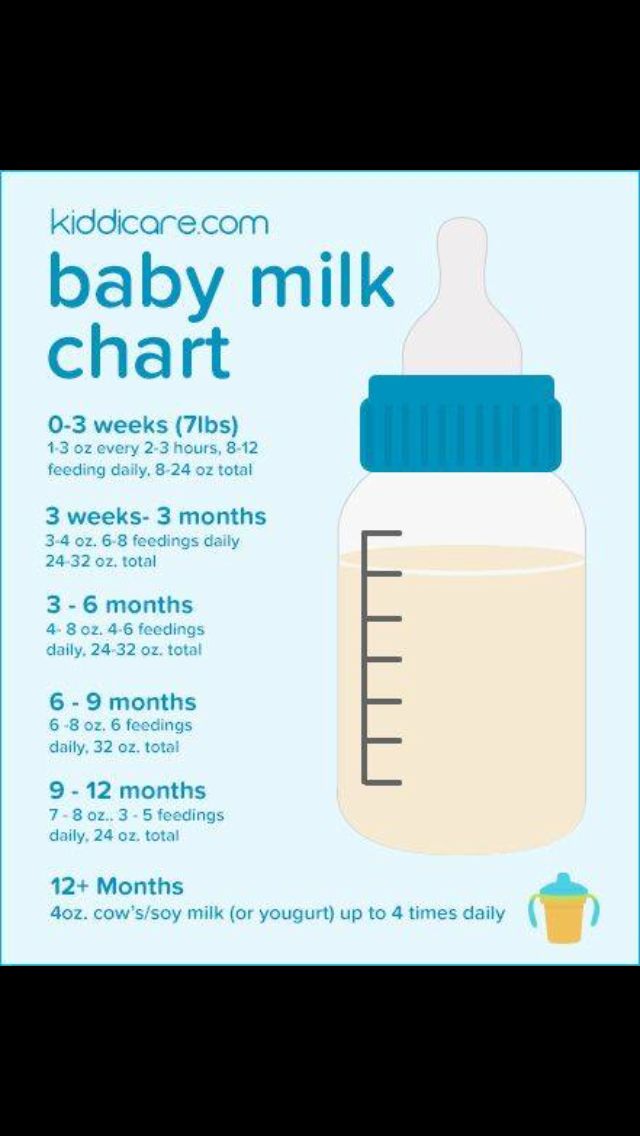 If sleep is not organized, then any irritants are quickly unsettled, the baby can react violently to everything. It is worth paying attention to the rituals that precede going to sleep, associations that accompany falling asleep, living conditions - separate and / or joint sleep. Some babies sleep very restlessly after feeding. There may also be reasons for sleep disturbances.
If sleep is not organized, then any irritants are quickly unsettled, the baby can react violently to everything. It is worth paying attention to the rituals that precede going to sleep, associations that accompany falling asleep, living conditions - separate and / or joint sleep. Some babies sleep very restlessly after feeding. There may also be reasons for sleep disturbances.
- Refusal of night feedings
— Parents face a problem when they decide to stop night feedings prematurely. Within reason, you need to follow the child, give him the opportunity to regulate his desires. Ideally, you do not need to feed specially or, on the contrary, stop force-feeding the baby, although there are exceptions in case of violations of his health.
- The baby does not want to eat or eats little and falls asleep
- The baby suckles sluggishly if he does not like the shape of the nipple, bottle or if it is uncomfortable at the breast and it is difficult to get milk.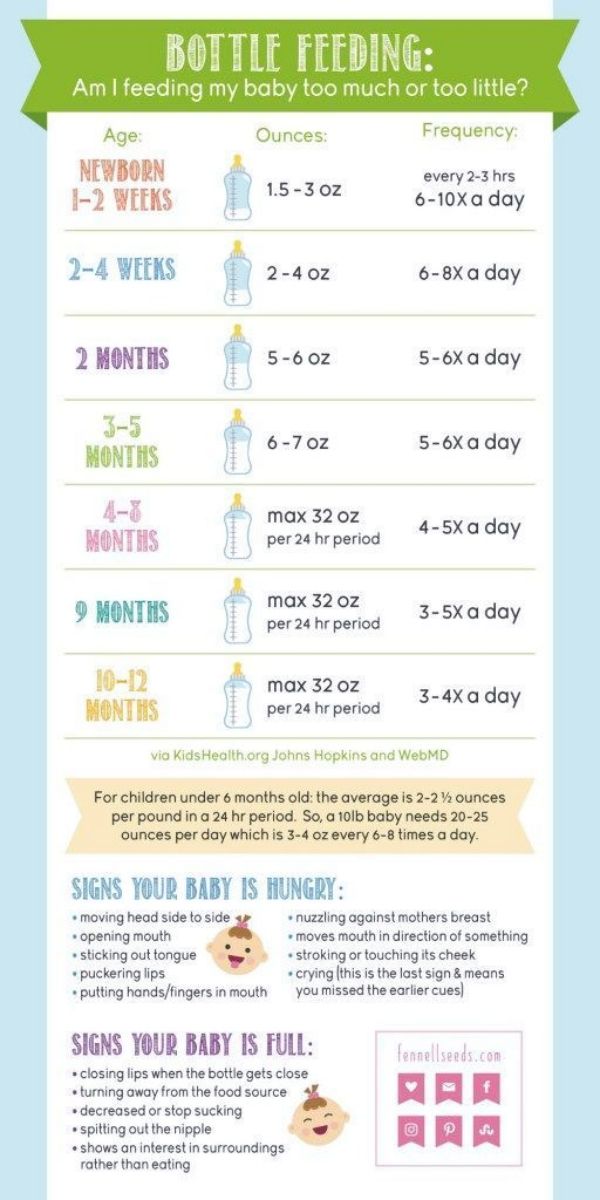 If the baby falls asleep after a short suck, but he needs to be given a certain portion of milk or formula, then he needs to be woken up and fed. During sleep, it is sometimes easier to feed than during the day.
If the baby falls asleep after a short suck, but he needs to be given a certain portion of milk or formula, then he needs to be woken up and fed. During sleep, it is sometimes easier to feed than during the day.
If the child wakes up and does not want to eat, but at the same time he adds normally, then you need to deal with other reasons for awakening. In a healthy child, they look at the organization of sleep, wakefulness and nutrition during the day. Neurological symptoms against the background of sleep disturbance require examination of the baby by a doctor.
— How to normalize sleep and nutrition in infants?
— The norms of sleep and feeding are conditional, therefore, first of all, it is necessary to observe the behavior and physiological needs of the child. If he gains weight well, develops adequately without striking deviations from the norm and negative conditions, then there is no point in adhering to strict rules.
Norms are a guide that allows you to quickly react in a situation where something is wrong with your child.







